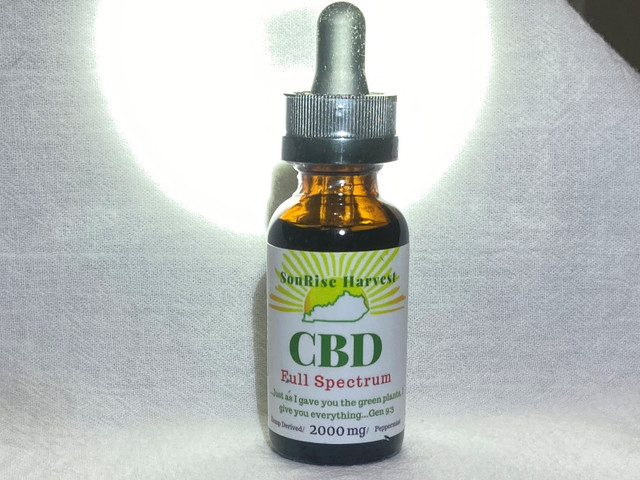In recent years, the hemp industry has emerged as a flourishing sector, driven by the increasing demand for hemp-derived products and the recognition of its potential across various industries. Hemp, a versatile plant known for its multitude of uses, has caught the attention of entrepreneurs, farmers, and investors alike. However, while the opportunities seem boundless, navigating the legal landscape of hemp can be complex. In this blog post, we will explore the history of hemp regulation, the current legal framework, the challenges faced by the industry, and the prospects for a future of sustainable growth.
A Brief History of Hemp Regulation
Hemp has a long and storied history, dating back thousands of years as one of the earliest cultivated crops. Throughout much of human history, hemp was used for various purposes, including food, textiles, and medicine. However, its association with hemp led to restrictive laws in the 20th century.
The Marihuana Tax Act of 1937 was the first major federal legislation that imposed heavy taxes and strict regulations on the cultivation, possession, and sale of hemp. These regulations effectively stifled the hemp industry for decades, despite hemp containing only trace amounts of THC (tetrahydrocannabinol), the psychoactive compound found in hemp.
The Turning Point: The 2018 Farm Bill
The turning point for the hemp industry came with the signing of the 2018 Farm Bill in the United States. This landmark legislation removed hemp from the list of controlled substances and reclassified it as an agricultural commodity. The bill also legalized the cultivation, processing, and sale of hemp-derived products, including CBD (cannabidiol), as long as they contain less than 0.3% THC.
The Farm Bill not only revitalized the domestic hemp industry but also encouraged many other countries to reassess their hemp regulations. Numerous nations followed suit and loosened restrictions on hemp cultivation, recognizing its potential economic and environmental benefits.
Current Legal Framework
Despite the strides made with the 2018 Farm Bill, the legal landscape of hemp remains intricate and varies significantly from one country or state to another. For instance, while hemp is federally legal in the United States, individual states have the authority to impose additional restrictions or requirements for hemp cultivation and production.
The regulatory challenges often revolve around testing and ensuring THC levels remain below the legal threshold, maintaining proper licensing and compliance, and implementing effective quality control measures for hemp-derived products. Additionally, the international trade of hemp and hemp-derived products can be hampered by differing regulations and standards in different jurisdictions.
Challenges in the Hemp Industry
While the hemp industry is booming, it is not without its share of challenges. One of the most significant issues revolves around the lack of clear and consistent regulations, leading to confusion and hesitation among stakeholders. The varying interpretations of hemp laws can create obstacles for businesses, impeding their growth and ability to access financial services.
Furthermore, the lack of uniform testing and certification standards for hemp products raises concerns about product quality and safety. Consumers may be skeptical of the claims made by some companies, making it vital for the industry to adopt rigorous testing procedures and transparent labeling practices.

The Potential for Sustainable Growth
Despite the challenges, the future of the hemp industry looks promising. With increasing awareness of the environmental benefits of hemp cultivation, the plant is gaining popularity as a sustainable alternative to traditional crops. Hemp requires less water, pesticides, and fertilizers, making it an attractive option for environmentally conscious farmers. For more insights and further information about hemp, be sure to check out EDMChicago to know more.
Moreover, the growing demand for hemp-derived products, such as CBD-infused supplements, skincare products, and textiles, continues to fuel market expansion. As research continues to uncover the potential health benefits of CBD and other cannabinoids, the demand for hemp-based wellness products is likely to surge.
Conclusion
The legal landscape of hemp has evolved significantly over the years, shifting from prohibition to recognition of its immense potential. The 2018 Farm Bill in the United States marked a turning point that unleashed a wave of opportunity for the hemp industry. However, the journey is far from over, and challenges remain as stakeholders grapple with complex regulations and standards.
With increasing awareness of hemp’s sustainability and the rising demand for hemp-derived products, the future looks bright for this versatile plant. As governments continue to fine-tune their regulations and the industry embraces best practices, hemp stands poised to play a crucial role in various sectors, from agriculture to medicine, and usher in a new era of prosperity and sustainability.





